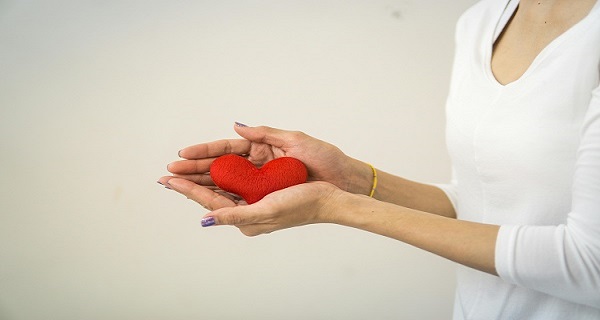🩸 What Is Blood Donation and Why Is It Important?
Blood donation (UK) is a simple act that saves lives. Every day, the NHS needs around 5,000 blood donations to treat patients across England, Wales, and Northern Ireland. Whether it’s a car accident, surgery, cancer treatment, or childbirth complications — blood can be the difference between life and death. donate blood UK - Be a donor
Donating blood helps:
-
Cancer patients
-
Accident and trauma victims
-
People undergoing surgery
-
Patients with blood disorders like sickle cell disease and thalassemia
🏥 How NHS Blood Donation Works
In the UK, blood donations are managed by NHS Blood and Transplant (NHSBT) — a trusted government organization that ensures blood is collected, tested, and delivered safely.
📝 Step-by-Step Process:
-
Register online at blood.co.uk.
-
Answer a health questionnaire and book an appointment.
-
Attend your session — the full process takes about 45 minutes.
-
Donate about 470ml of blood (about one pint).
-
Rest and refresh with a snack and drink before leaving.
You can donate whole blood every 12 weeks (men) and every 16 weeks (women).
✅ Is It Safe to Donate Blood in the UK?
Yes — donating blood is extremely safe. The NHS follows strict medical protocols to ensure donor and patient safety.
-
All equipment is sterile and used only once.
-
Donors are screened for underlying health issues or risk factors.
-
You’ll be cared for by trained healthcare professionals.
Common side effects? Some people feel faint or tired — but this is temporary and rare.
💷 Does It Cost Anything?
No. Blood donation is completely free in the UK.
There’s no cost to donate or receive blood through the NHS. If you need a transfusion in hospital, it’s covered under the NHS healthcare system, meaning:
-
You don't pay for the blood
-
You don’t need insurance
-
There are no hidden fees
This makes the UK one of the most accessible healthcare systems for blood services worldwide.
🧬 Who Can Donate Blood?
You can donate blood in the UK/United Kingdom if you:
-
Are aged 17–66
-
Weigh at least 50kg
-
Are in generally good health
Certain conditions, travel history, and medications may affect eligibility. Always check the latest requirements on NHSBT's eligibility tool. blood donor eligibility
🧪 What Happens to Donated Blood?
Once collected, your blood is:
-
Your donation is tested for HIV, Hepatitis B/C, and syphilis..
-
Separated into components — red cells, plasma, platelets.
-
Delivered to hospitals where it’s used in life-saving procedures.
Fun fact: A single donation can help up to three patients!
🔄 How Often Can You Donate?
-
Whole blood: For whole blood donations, men are eligible every 12 weeks and women every 16 weeks
-
Platelets: every 2–4 weeks (by invitation)
-
Plasma: every 2 weeks (by invitation)
🏙️ Where Can You Donate Blood in the UK?
There are hundreds of blood donation venues across the UK. You can donate at:
-
Fixed NHS blood donor centres (e.g., London, Birmingham, Manchester)
-
Mobile donation vans
-
Community events and local drives
Use the NHS blood donor centre locator to find the nearest location.
🧠 Common Myths About Blood Donation
Myth 1: “I’m too old.”
Truth: You can start donating up to age 66, and continue beyond 70 if you're a regular donor.
Myth 2: “It’s painful.”
Truth: Most donors say they feel only a brief scratch.
Myth 3: “What if my blood type isn't the one they're looking for”
Truth: All types are needed — especially O negative, which is the universal donor type.
🩷 Real Impact of Your Donation
"I donated blood last year and just learned it helped a cancer patient during surgery. I never thought such a small action could mean so much." — Emma, London
Every donation makes a difference. You might not see it — but somewhere, someone is alive because of you.
📍 Conclusion
Donating blood in the UK is safe, simple, and completely free. Whether you’re a first-timer or a regular donor, your blood can save lives across the NHS system.
👉 Ready to Help?
Visit www.blood.co.uk to book your first donation today. Get Free Doctor service

